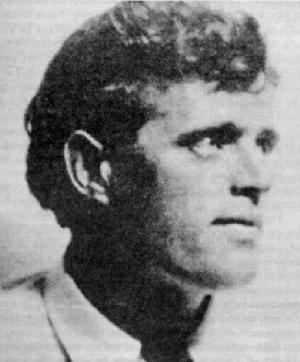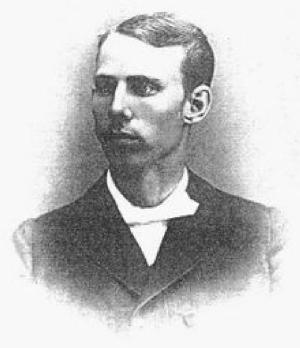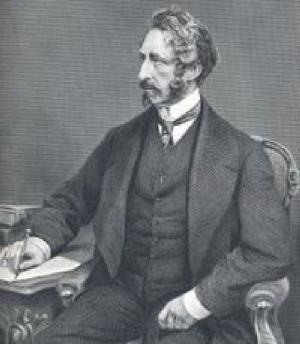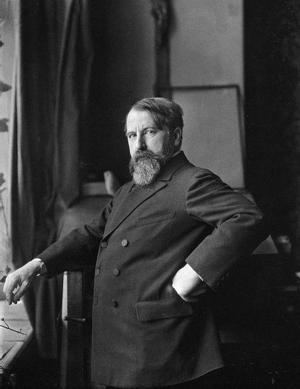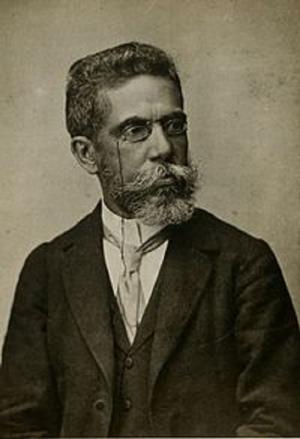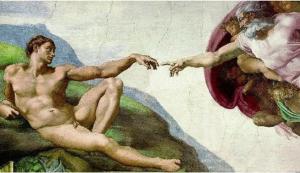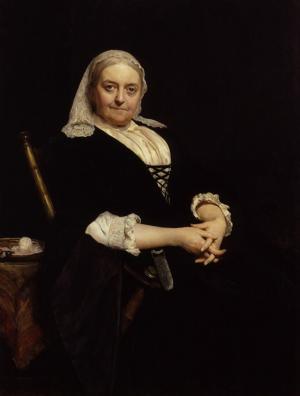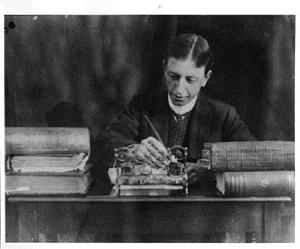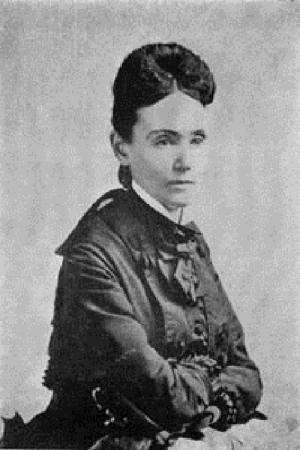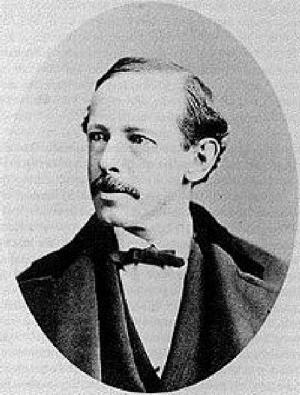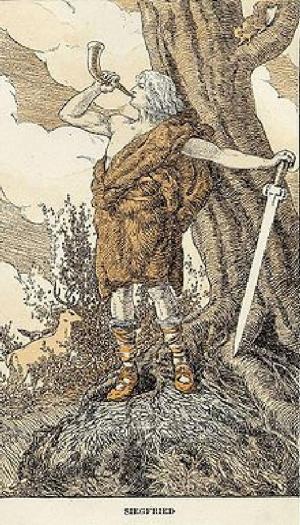Charley Laurel, a Story of Adventure by Sea and Land
Fiction & Literature, Classics, Kids, Teen, General Fiction, Fiction| Author: | Kingston, W.H.G. | ISBN: | 9781455367214 |
| Publisher: | B&R Samizdat Express | Publication: | June 10, 2015 |
| Imprint: | Quench Editions | Language: | English |
| Author: | Kingston, W.H.G. |
| ISBN: | 9781455367214 |
| Publisher: | B&R Samizdat Express |
| Publication: | June 10, 2015 |
| Imprint: | Quench Editions |
| Language: | English |
Here Kingston gives us a story of a young boy who had been handed to a British seaman, Dick, at a place in the West Indies which had just been attacked by the British. The boy's nurse, a coloured woman, had received a fatal wound. The boy is brought up by Dick on board ship, but there are all sorts of misadventures, such as being cast away on a raft, being picked up by what turns out to be a pirate ship, escaping and then being rescued by a privateer. It is at this point that the story gets a bit serious. Dick and Charley find themselves on an island in the South Pacific, having been captured by savage tribes, and being kept apart. Charley plays a trick on his captors, which enables him to travel to where Dick is, and bring him back. They escape from the island, and are picked up by a British ship. Charley is taken back to England, where the shipowner's family take a liking to him, and he is sent to a boarding school, where he does very well. He is then sent back to sea by the kindly shipowner, in one of his vessels. According to Wikipedia: "William Henry Giles Kingston (28 February 1814 - 5 August 1880), writer of tales for boys, was born in London, but spent much of his youth in Oporto, where his father was a merchant. His first book, The Circassian Chief, appeared in 1844. His first book for boys, Peter the Whaler, was published in 1851, and had such success that he retired from business and devoted himself entirely to the production of this kind of literature, in which his popularity was deservedly great; and during 30 years he wrote upwards of 130 tales, including The Three Midshipmen (1862), The Three Lieutenants (1874), The Three Commanders (1875), The Three Admirals (1877), Digby Heathcote, etc. He also conducted various papers, including The Colonist, and Colonial Magazine and East India Review. He was also interested in emigration, volunteering, and various philanthropic schemes. For services in negotiating a commercial treaty with Portugal he received a Portuguese knighthood, and for his literary labours a Government pension."
Here Kingston gives us a story of a young boy who had been handed to a British seaman, Dick, at a place in the West Indies which had just been attacked by the British. The boy's nurse, a coloured woman, had received a fatal wound. The boy is brought up by Dick on board ship, but there are all sorts of misadventures, such as being cast away on a raft, being picked up by what turns out to be a pirate ship, escaping and then being rescued by a privateer. It is at this point that the story gets a bit serious. Dick and Charley find themselves on an island in the South Pacific, having been captured by savage tribes, and being kept apart. Charley plays a trick on his captors, which enables him to travel to where Dick is, and bring him back. They escape from the island, and are picked up by a British ship. Charley is taken back to England, where the shipowner's family take a liking to him, and he is sent to a boarding school, where he does very well. He is then sent back to sea by the kindly shipowner, in one of his vessels. According to Wikipedia: "William Henry Giles Kingston (28 February 1814 - 5 August 1880), writer of tales for boys, was born in London, but spent much of his youth in Oporto, where his father was a merchant. His first book, The Circassian Chief, appeared in 1844. His first book for boys, Peter the Whaler, was published in 1851, and had such success that he retired from business and devoted himself entirely to the production of this kind of literature, in which his popularity was deservedly great; and during 30 years he wrote upwards of 130 tales, including The Three Midshipmen (1862), The Three Lieutenants (1874), The Three Commanders (1875), The Three Admirals (1877), Digby Heathcote, etc. He also conducted various papers, including The Colonist, and Colonial Magazine and East India Review. He was also interested in emigration, volunteering, and various philanthropic schemes. For services in negotiating a commercial treaty with Portugal he received a Portuguese knighthood, and for his literary labours a Government pension."

